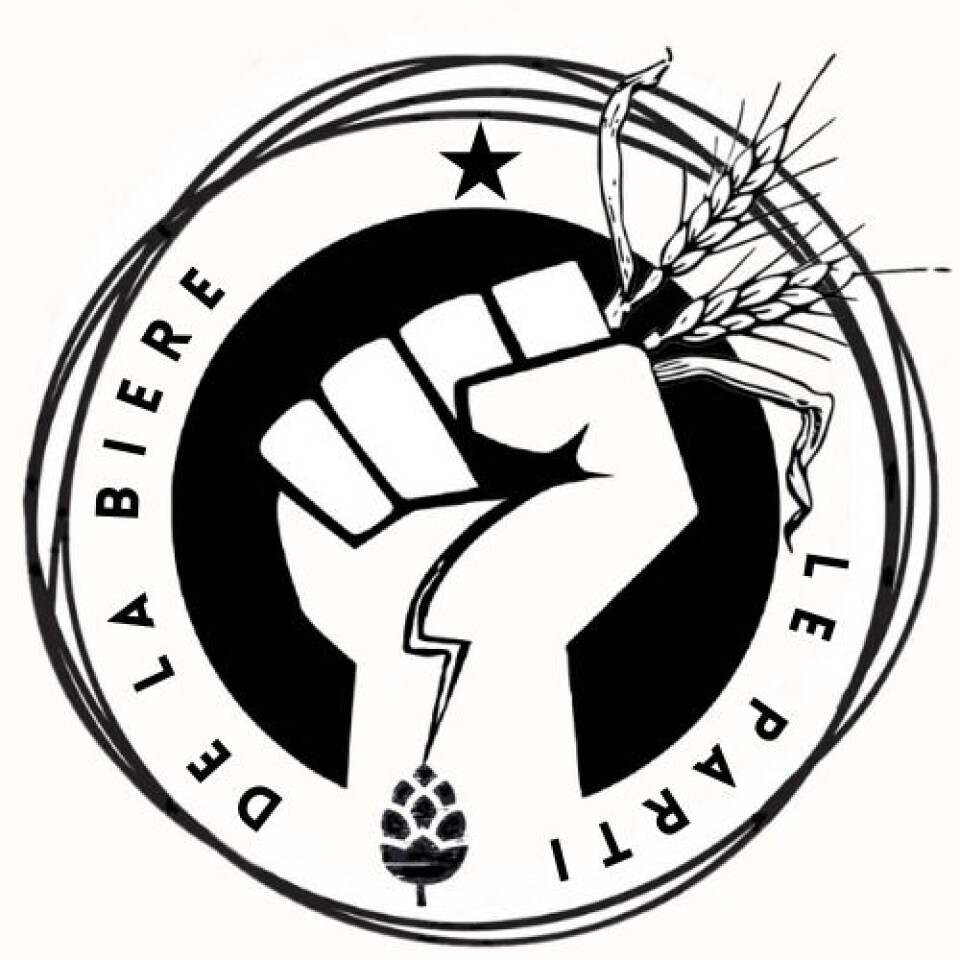-
La Voie Bleue: European Cycle Route of the Year is in France
700km bike path linking Luxembourg and Lyon has been crowned winner of the 2026 title
-
Before and after: Garonne river floods in south-west France
Satellite images show extent of flooding from back-to-back storms in February
-
Home insurance increases expected in France after floods
Compensation costs for the recent storms and flooding across the west and south-west is estimated to be in the billions of euros
‘Beer Party’ launches in France, one of many quirky political parties
Le Parti de la Bière started as a joke but now has the serious aim of raising concerns over artisanal jobs and industry challenges

A political party centred on beer, which started as a joke way to bypass Covid rules limiting gatherings, has turned into a real party with a mission.
Le Parti de la Bière launched on January 4 and is made up of 51 members who want to promote artisanal jobs and local distribution channels, and raise concerns over hardships encountered in the brewing community.
The industry has been struggling after revenues within the hop industry dropped, and revenue also dropped from events companies that would usually hold gigs or concerts in bars, but did not because of the pandemic.
The party has already organised its first meetings in rural towns around the Corrèze department.
From a joke to 'more serious issues'
It initially began as a joke way to bypass Covid rules after the government limited large gatherings and banned standing concerts, but continued to permit political meetings, on December 27.
The government rules were also mocked at the time by artists, some of whom comically ‘rebranded’ as politicians in an attempt to bypass the regulations.
“We expected to offend politicians, but then we worked out that we had more serious issues to talk about,” Virginie Marchal, the party’s head, and owner of the brewery La Brasserie du Causse in Larche, Corrèze, told The Connexion.
Le Parti de la Bière promotes craft-making jobs in an effort to attract workers to underpopulated rural areas, a phenomenon that is of acute concern in the Corrèze department.
It is also aiming to promote eco-friendly practices, in the hopes of generating a ‘circular economy’, in which waste generated by local hop breweries would feed agricultural soil.
Ms Marchal pointed out the difficulties of organising the first edition of the Corrèze Beer Festival last year, because of the restrictions imposed by the government.
“It was all ‘crosses and banners’,” said Ms Marchal, using a French expression that means ‘a strenuous task to accomplish’.
The second edition of the Corrèze Beer Festival is now set for July 16, 2022 in Chartier-Ferrière, a small village south of Brive-la-Gaillarde in Nouvelle-Aquitaine.
“If there are too many health restrictions, it will be turned into a political event,” said Ms Marchal.
Colonising Mars: France’s whacky politics
Le Parti de la Bière has now been registered in the Journal Officiel, the official journal of the French republic, as one of almost 800 political parties, as listed by the Commission nationale des comptes de campagne et des financements politiques.
France has nearly 100 political parties characterised by a political leaning on a far-left/far-right axis, and countless regional and local political parties campaigning for a wide variety of political causes.
The rise in prominence of minority parties often happens during presidential elections when candidates from parties with unconventional political leanings shoot to fame.
Some of the most famous examples include presidential election bids in 1974 by royalist Bertrand Renovin and ecologist René Dumont, who favoured a return to monarchy and anti-car policies respectively.
Similarly, Jean Saint-Josse’s bid during the 2002 presidential election championed traditional values of rural France and got 4.23% of voters. In 2017, Jacques Cheminade led with a pledge to colonise Mars.
500-sponsorship threshold
The profusion of so-called “fantasist candidates” led the government to enact a law in 1976 – which was first put into practice during the 1981 presidential election – which required candidates to be sponsored by 500, rather than 100, elected officials.
The 500-sponsorship threshold has been called into question in the current presidential campaign, with several candidates such as far-right figures Eric Zemmour and Marine Le Pen, and far-left leader Jean-Luc Mélenchon, pointing out the difficulties they have faced to reach it.
As for Le Parti de la Bière, Ms Marchal is not, so far, considering a presidential candidacy.
She is, however, hoping to increase the party’s popularity, taking the lead from the Bier partei, an Austrian “beer party” that attracted 2% of voters during the latest election in Vienna in 2020.
Related articles
Dry January grows in France but not funded like anti-smoking campaign
Who owns France’s media and what are their political leanings?
French presidential election: Key candidates and their main policies
























